#japanese novels
Explore tagged Tumblr posts
Text

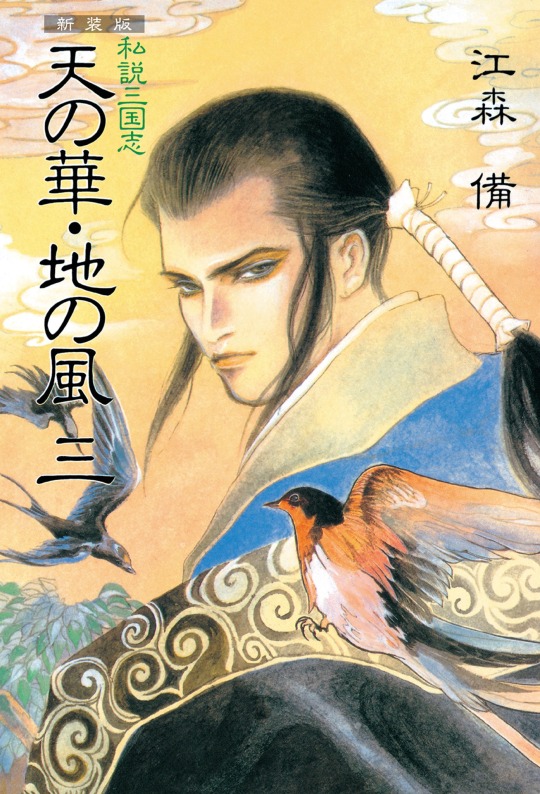

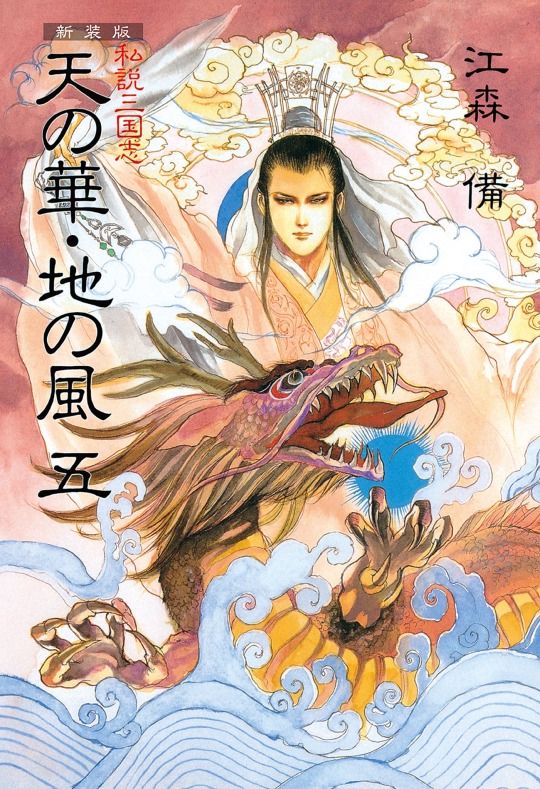


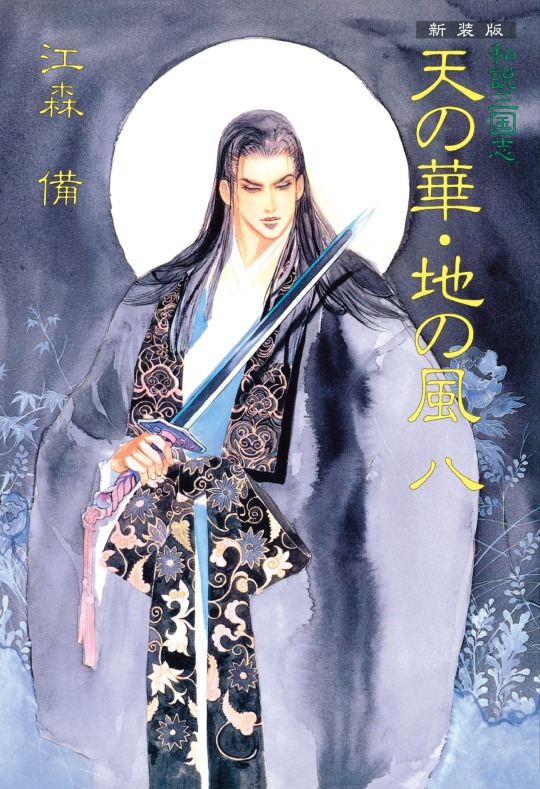
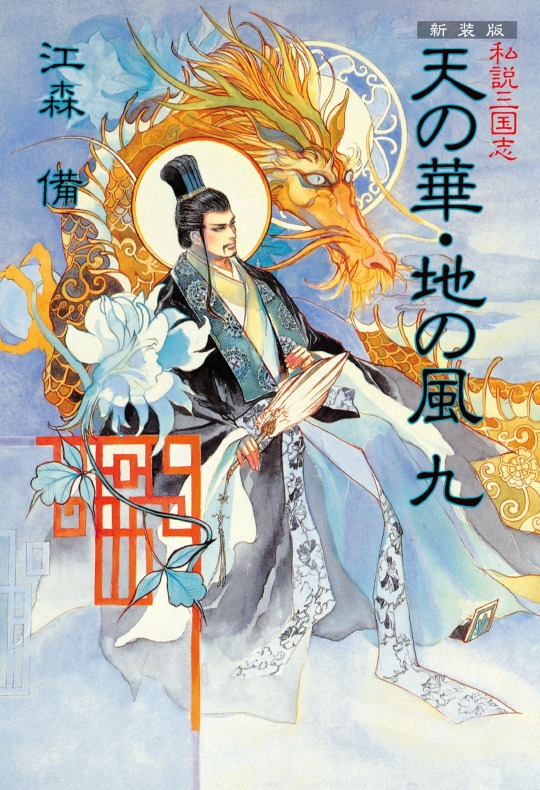

私説三国志 天の華・地の風 | Shisetsu Sangokushi Ten no Hana Chi no Kaze
by Emori Sonae (江森備)
#and if you noticed book 2 is missing because i couldn't find a HD image of it#but just as well#cover 8 is my favourite#emori sanae#shisetsu sangokushi#romance of the three kingdoms#three kingdoms#liu bei#zhou yu#zhuge liang#zhuge kongming#sima yi#japanese novels#japanese literature#90s books#boy's love#90s boys love#yaoi#they just don't do yaoi this way anymore ;;;;
24 notes
·
View notes
Text
youtube
Did you know you have Classical-era Japanese women to thank for smutty novels?
These ladies were out here writing about romance, seduction, and courtly affairs with all the poetic finesse of a fanfic writer at 3 AM. Before men even thought about crafting literary masterpieces, these ladies were already spilling the tea and the lust.
Mad respect, ladies.
#novels#smutty books#smutty fanfiction#youtube#japan#japanese women#japanese novels#japanese language#japanese culture#Youtube
6 notes
·
View notes
Text
🌸⛩️☁️
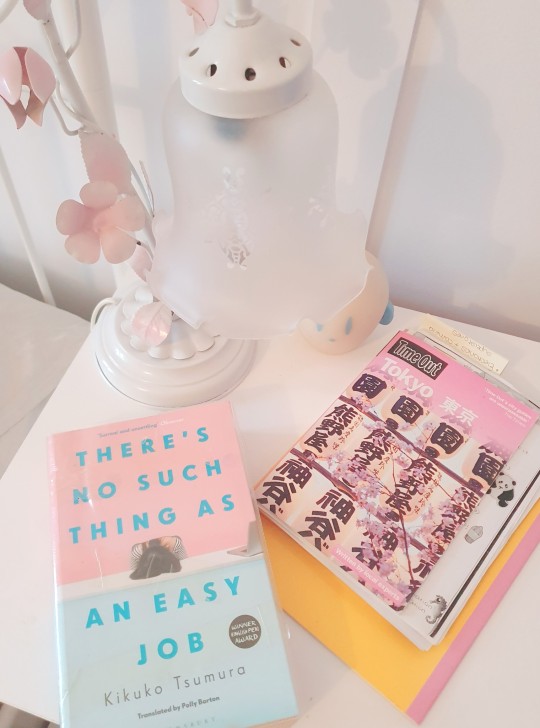
42 notes
·
View notes
Text
Review : Strange Pictures by Uketsu
Strange Pictures was... well... strange. A who-and-why-dunnit unlike anything else I have ever read, I was expecting a truly unsettling mystery, shot through with intrigue, racing inexorably toward a thrilling climax. Instead...
★★★ Strange Pictures was… well… strange. A who-and-why-dunnit unlike anything else I have ever read, I was expecting a truly unsettling mystery, shot through with intrigue, racing inexorably toward a thrilling climax. Instead, I found an occasionally creepy mystery novel, which named its own frustrations, and shifted between narrators with a sometimes confusing rapidity. Whilst I suspect this…

View On WordPress
#Book review#Books#Fiction#fiction in translation#Japanese novels#Japanese thriller#multimedia books#mystery#Novels#Reviews#Thriller#Thriller books#unique books.
0 notes
Text

1 note
·
View note
Text
Shocking fantasy What is the appeal of "Henn na Ie", a work that represents modern Japanese literature?
“Weird House” by Amena

Japanese author Amakura's book "Henn na Ie" is becoming well-known as an illustration of contemporary Japanese fantasy writing. This book has the ability to captivate readers by immersing them in an enigmatic universe while portraying an odd family and their peculiar existence.

The protagonist of the novel first encounters a family one day who reside in a structure known as "Weird House." The protagonist becomes drawn into the everyday lives and mysteries of this family because they have unique talents and secrets that set them apart from other families. The narrative prompts us to consider family ties and the significance of interpersonal relationships via their lives and experiences.
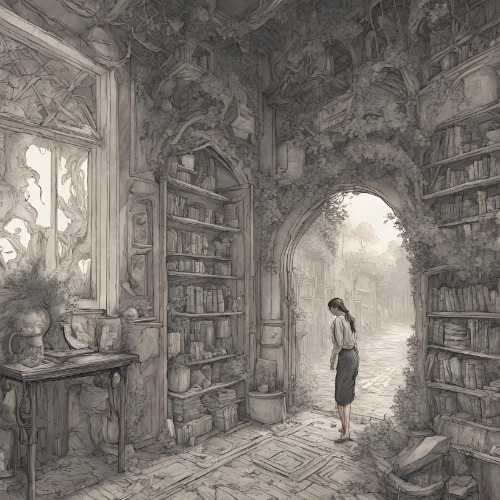
Ameana's deft brushwork deftly blends imagination and reality, drawing readers into an enigmatic realm. The characters' struggles and feelings are skillfully portrayed, giving the narrative more complexity overall. Readers are encouraged to connect with the characters and become fully engrossed in the narrative by their personalities and past experiences.

A work of contemporary Japanese fantasy literature, "The Strange House" is certain to stimulate and provide readers with novel sensations. Readers will be captivated and inspired to use their imaginations by Ameana's distinct worldview and narrative structure. Readers will be left pondering and feeling inspired by their examination of relationships and family.
#Japanese fantasy literature#Modern fantasy literature#Japanese novels#Strange family#Family bonds#Significance of human relationships#Mysterious world#Imagination and reality#Description of emotions#New sensations#Americana's worldview#Storytelling#Human Drama#Family Mystery#Charm of Reading
0 notes
Text
Book of the Week: The Cat Who Saved Books
Making a bit of a change this week, and I’ve got some Japanese fiction in translation for you. I do like to mix it up a little when I can, and today is one of those weeks where I can! Our hero is Rintaro, a high school student whose beloved grandfather had just died and left him his second hand bookshop. The trouble is, Rintaro is also going to have to close it down because his aunt is his new…

View On WordPress
0 notes
Text
Favorite novels I read in 2023
A reader lives a thousand lives before he dies, said Jojen. The man who never reads lives only one.” George R.R. Martin, A Dance with Dragons I am starting the year re-launching my Substack newsletter named “SinAgenda” which translates to No Agenda in English. This is nothing else but another way for me to commit to do more writing and share things I learn and read every week. It’s free, but if…

View On WordPress
0 notes
Text

0 notes
Text
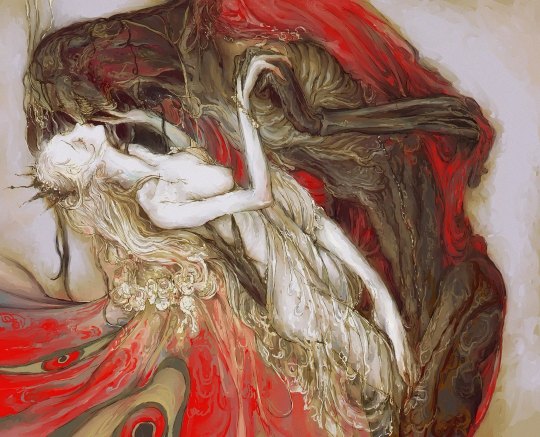
#art#painting#drawing#mixed media#allegory#surreal#illustration#comic books#comic book art#graphic novel#japanese artist#death and the maiden#yoshitaka amano
1K notes
·
View notes
Text
The flute sings, the night listens🪈🌙✨️

Happy Birthday Wei Wuxien🪈✨️💘
Hope everyone had a lovely Halloween💙 did this for mxtx October but am a little late🙈 I have emergency commission slots available dm if you like💙
#digital art#art#fanart#art commisions#artist#anime#manhwa#mdzs#tgcf#wei ying#wei wuxian#lan zhan#lan wangji#wangxian#mo dao zu shi#mdzs fanart#mxtx fanart#mxtx#mxtx novels#svsss#anime and manga#scenery#ost#cover art#japanese#chinese#donghua#anime art
444 notes
·
View notes
Text
good news everyone im doing another legend of zelda presentation for my very serious senior level college class
#i love thesis it's so unserious. 10 minute legend of zelda lore crash course presentation for a participation grade!!!#for context today the presenters who went did mlp equestria girls and a japanese mystery visual novel from the 80s#so i am 100% following the assignment brief. god this is going to be fun#personal
292 notes
·
View notes
Text
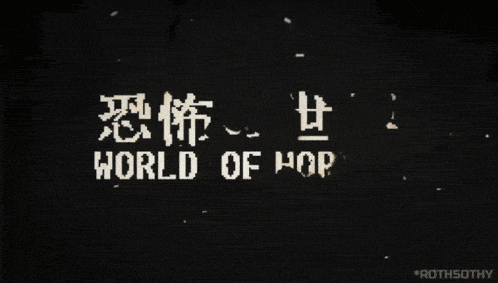
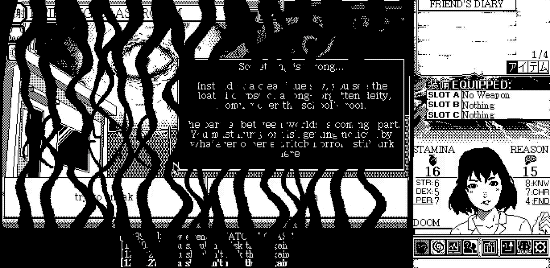
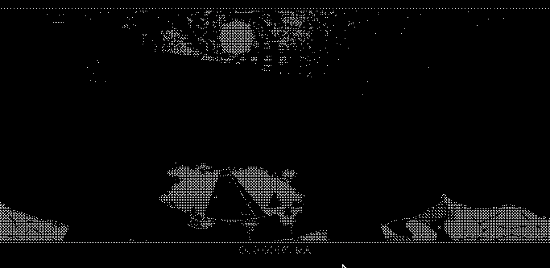
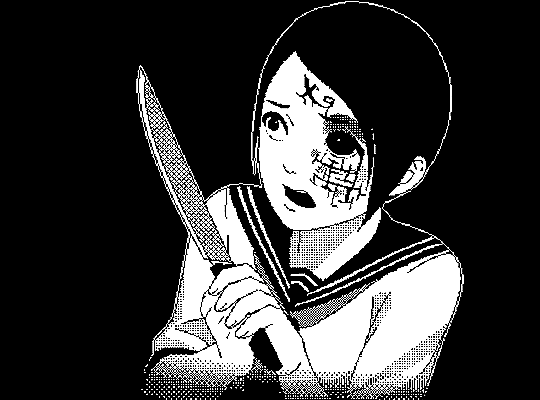
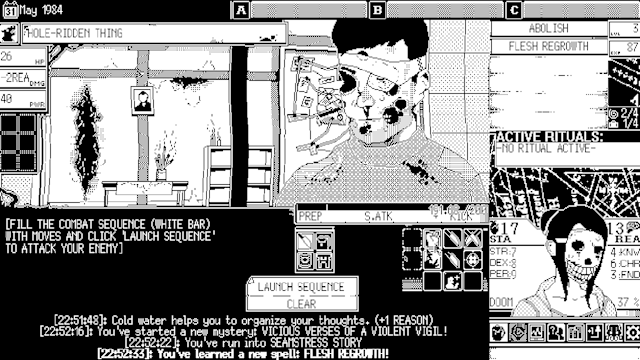
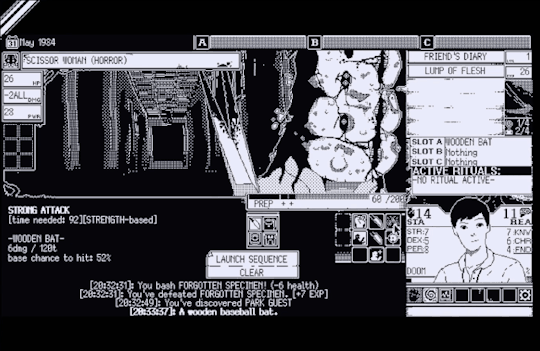
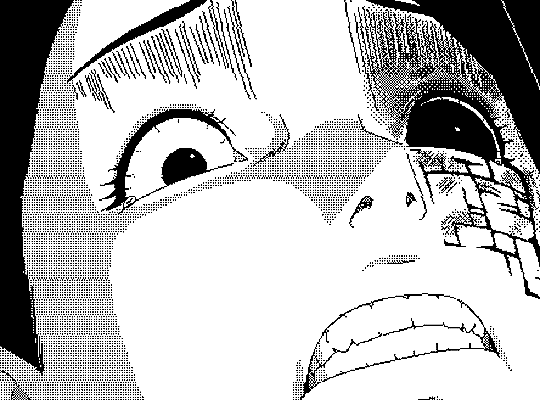
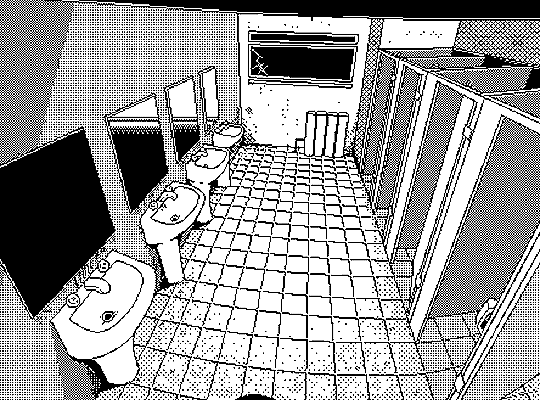
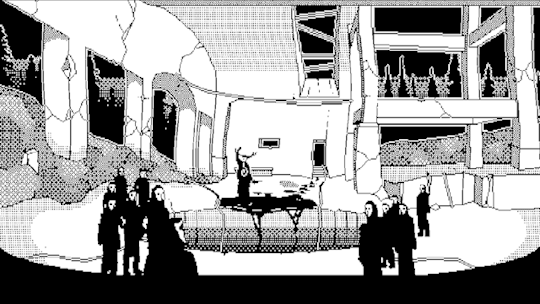
World of Horror (2019)
World of Horror, also known by its Japanese title Kyōfu no Sekai (恐怖の世界), is a role-playing video game with a 1-bit pixel art style inspired by the works of H. P. Lovecraft and Junji Ito.
Navigate a hellish roguelite reality with turn-based combat and unforgiving choices. Experiment with your deck of event cards to discover new forms of cosmic horror in every playthrough. The inevitable awaits...
#horror#horror game#horror games#survival horror#psychological horror#psychological#classic horror#psychological horror game#playstation#pc game#switch games#japanese horror games#japanese#junji ito#visual novel#visual novel game#pixel art#pixel horror#pixel aesthetic#world of horror#Kyōfu no Sekai#恐怖の世界
642 notes
·
View notes
Text
modern au; nonbinary steve
dustin bullies steve into playing their favorite MMO with them. to Dustin's disgust, Steve's favorite part is collecting all the different cosmetic items and making cool fantasy outfits for his avatar. unbeknownst to the party, steve creates an alt account where he can collect the female outfits and wigs, because there's a bigger selection and they're much prettier.
as Steve interacts w people on his new account, he realizes he likes it better-- for one, people pay attention to women in a way he isn't used to. not all of it is good attention, but steve relishes in it. also, he likes that people see him as a woman. he likes that they don't even think about it. quickly he joins a guild and actually starts playing the game in earnest, just so that he has these relationships with people who view and treat him as a woman.
he meets Eddie there. Eddie is charming and flirtatious with everyone, men and women, but it's clear that Steve is his favorite. Very carefully, Steve becomes closer and closer to Eddie-- close enough that Steve is full of guilt.
He feels like he's lying to Eddie about who he is, even though he's told the truth about everything but his gender. Even worse is the realization that he doesn't ever want Eddie to think of him as man-- which is confusing, because steve isn't exactly comfortable with someone he's falling in love with thinking of him as a woman.
Things get even worse when, after Steve drunk texts Eddie after a night out with Robin, they start sexting. Its fun, casual flirtation, nothing too serious, but Strve realizes he likes the idea of sex better as his alternate self. He likes pretending to have tits, he likes imagining what it would be like to have a cunt, he likes talking about wearing lingerie and being Eddie's good girl.
He thinks he can't come clean without losing the best thing he's ever had, so Steve pushes his guilt down and pretends he's not in love.
Of course he gets caught out, eventually. Dustin and Eddie become friends in real life and Eddie isn't an idiot. Steve is mortified and distraught, but once Eddie is sure that this wasn't all a cruel prank, he's quick to assure Steve that nothing has to change-- Knowing that in real life Steve has broad shoulders and a square jaw doesn't make him any more of a "man" than his online avatar makes him a "woman". Not if that's not what Steve wants.
So Steve doesn't have to give anything up. He gets to keep his amazing, supportive boyfriend. He gets to keep his pretty clothes and avatar. He gets to keep experimenting in the bedroom, finding out what makes him happy instead of what he thinks he should be doing.
And he gets more, things Steve never even dreamed of having: He gets to start buying pretty clothes in real life, too, and they hang next to his polos like they belong. He gets to grow out his hair. He gets to slowly find out what he likes, how he wants people to think of him, how he wants to think of himself.
#shut up az#steddie#catfishing in MMOs is a v common premise in East Asian m/m fiction#and I was reading like. The 12th one this year and thinking about what a narrative would look like if the catfishing wasn't done out of#Idk maliciousness or awkwardness but instead out of like a n exploration of gender#obviously someone in China isn't going to be allowed to write that but maybe one day I'll get a Japanese novel about it#however steddie seemed like a good conduit to get the thoughts put of my head
264 notes
·
View notes
Text
Law novel sequel's title will be "Novel Law: The Hour of Kikoku" (Kikoku no Toki).

... or 'The Time of Kikoku', 'Hour' just sounded catchier.
It's going to be a multichaptered spinoff, the upcoming magazine doesn't conclude the story. Here's an update from the official website.
Seems it's the story behind Law acquiring his sword? Sakagami Shusei (Novel Law author) has shared some initial thoughts (the first tweet was before the title revelation).


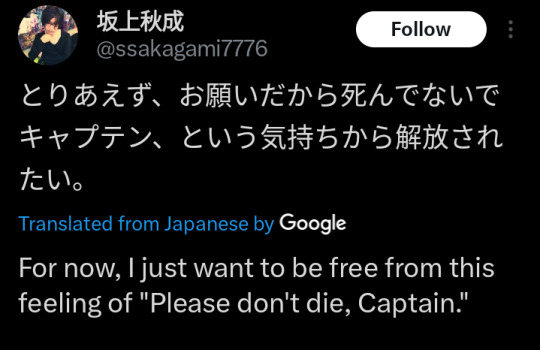
Felt the last one 🤝
Once again, Oda's involvement is expected to be minimum. It's almost entirely written by Sakagami Shusei, like its prequel.

Let's hope we finally get to know the names of the other members of the Heart pirates!
Nishimura Kinu's sketch seems to hint at Law's interaction with Hakugan, maybe we'll get to know how he got recruited.
#one piece#one piece novel Law#trafalgar law#trafalgar d. water law#heart pirates#mine#if there's another spinoff - maybe sakagami san will be able to cover law's journey all the way to rocky port incident#but I want to it to be saved for a different form of adaptation with more of oda's involvement - like a film or anime exclusive#or a manga side story#anyway I'm really looking forward to read this - mainly bc this is the first novel content I can directly read from japanese#I want to translate even though it'll probably take months to complete - but this time I want to do it myself
156 notes
·
View notes
Text








"𝑯𝒆𝒓𝒆 𝒊𝒔 𝒕𝒉𝒆 𝒍𝒊𝒕𝒕𝒍𝒆 𝒃𝒓𝒐𝒏𝒛𝒆 𝒌𝒆𝒚 𝒕𝒉𝒂𝒕 𝒐𝒑𝒆𝒏𝒔 𝒕𝒉𝒆 𝒕𝒘𝒐 𝒆𝒃𝒐𝒏𝒚 𝒄𝒂𝒔𝒌𝒆𝒕𝒔 𝒐𝒏 𝒕𝒉𝒆 𝒎𝒂𝒏𝒕𝒆𝒍𝒑𝒊𝒆𝒄𝒆 𝒊𝒏 𝒕𝒉𝒆 𝑳𝒐𝒖𝒊𝒔-𝑷𝒉𝒊𝒍𝒊𝒑𝒑𝒆 𝒓𝒐𝒐𝒎. ...𝑰𝒏 𝒐𝒏𝒆 𝒐𝒇 𝒕𝒉𝒆 𝒄𝒂𝒔𝒌𝒆𝒕𝒔, 𝒚𝒐𝒖 𝒘𝒊𝒍𝒍 𝒇𝒊𝒏𝒅 𝒂 𝒔𝒄𝒐𝒓𝒑𝒊𝒐𝒏, 𝒊𝒏 𝒕𝒉𝒆 𝒐𝒕𝒉𝒆𝒓, 𝒂 𝒈𝒓𝒂𝒔𝒔𝒉𝒐𝒑𝒑𝒆𝒓, 𝒃𝒐𝒕𝒉 𝒗𝒆𝒓𝒚 𝒄𝒍𝒆𝒗𝒆𝒓𝒍𝒚 𝒊𝒎𝒊𝒕𝒂𝒕𝒆𝒅 𝒊𝒏 𝑱𝒂𝒑𝒂𝒏𝒆𝒔𝒆 𝒃𝒓𝒐𝒏𝒛𝒆: 𝒕𝒉𝒆𝒚 𝒘𝒊𝒍𝒍 𝒔𝒂𝒚 𝒚𝒆𝒔 𝒐𝒓 𝒏𝒐 𝒇𝒐𝒓 𝒚𝒐𝒖. 𝑰𝒇 𝒚𝒐𝒖 𝒕𝒖𝒓𝒏 𝒕𝒉𝒆 𝒔𝒄𝒐𝒓𝒑𝒊𝒐𝒏 𝒓𝒐𝒖𝒏𝒅, 𝒕𝒉𝒂𝒕 𝒘𝒊𝒍𝒍 𝒎𝒆𝒂𝒏 𝒕𝒐 𝒎𝒆, 𝒘𝒉𝒆𝒏 𝑰 𝒓𝒆𝒕𝒖𝒓𝒏, 𝒕𝒉𝒂𝒕 𝒚𝒐𝒖 𝒉𝒂𝒗𝒆 𝒔𝒂𝒊𝒅 𝒚𝒆𝒔. 𝑻𝒉𝒆 𝒈𝒓𝒂𝒔𝒔𝒉𝒐𝒑𝒑𝒆𝒓 𝒘𝒊𝒍𝒍 𝒎𝒆𝒂𝒏 𝒏𝒐....𝑻𝒉𝒆 𝒈𝒓𝒂𝒔𝒔𝒉𝒐𝒑𝒑𝒆𝒓! 𝑩𝒆 𝒄𝒂𝒓𝒆𝒇𝒖𝒍 𝒐𝒇 𝒕𝒉𝒆 𝒈𝒓𝒂𝒔𝒔𝒉𝒐𝒑𝒑𝒆𝒓! 𝑨 𝒈𝒓𝒂𝒔𝒔𝒉𝒐𝒑𝒑𝒆𝒓 𝒅𝒐𝒆𝒔 𝒏𝒐𝒕 𝒐𝒏𝒍𝒚 𝒕𝒖𝒓𝒏: 𝒊𝒕 𝒉𝒐𝒑𝒔! 𝑰𝒕 𝒉𝒐𝒑𝒔! 𝑨𝒏𝒅 𝒊𝒕 𝒉𝒐𝒑𝒔 𝒋𝒐𝒍𝒍𝒚 𝒉𝒊𝒈𝒉!"
(ɢᴀꜱᴛᴏɴ ʟᴇʀᴏᴜx, ᴛʜᴇ ᴘʜᴀɴᴛᴏᴍ ᴏꜰ ᴛʜᴇ ᴏᴘᴇʀᴀ)
The scorpion and the grasshopper always hold a unique meaning to fans of Gaston Leroux's original Phantom novel. Erik's ultimatum to Christine forced her to choose between marrying her ghoulish captor, or deny him at the peril of everyone in the Opera House. It was implied that the grasshopper was connected to the stores of gunpowder Erik had wired to blow the building sky high.
I recently found this brilliant, antique Japanese bronze grasshopper figurine, and knew I had to acquire it. It just arrived from Japan, and is a brilliant piece. Paired with an antique Chinese scorpion and model caskets, it makes a beautiful addition to my Phantom collection.
#phantom of the opera#poto#gaston leroux#phantom#phantom novel#classic literature#Japanese bronze#antiques#opera ghost#Erik#erik the phantom#hops jolly high#grasshopper and scorpion#literature
87 notes
·
View notes